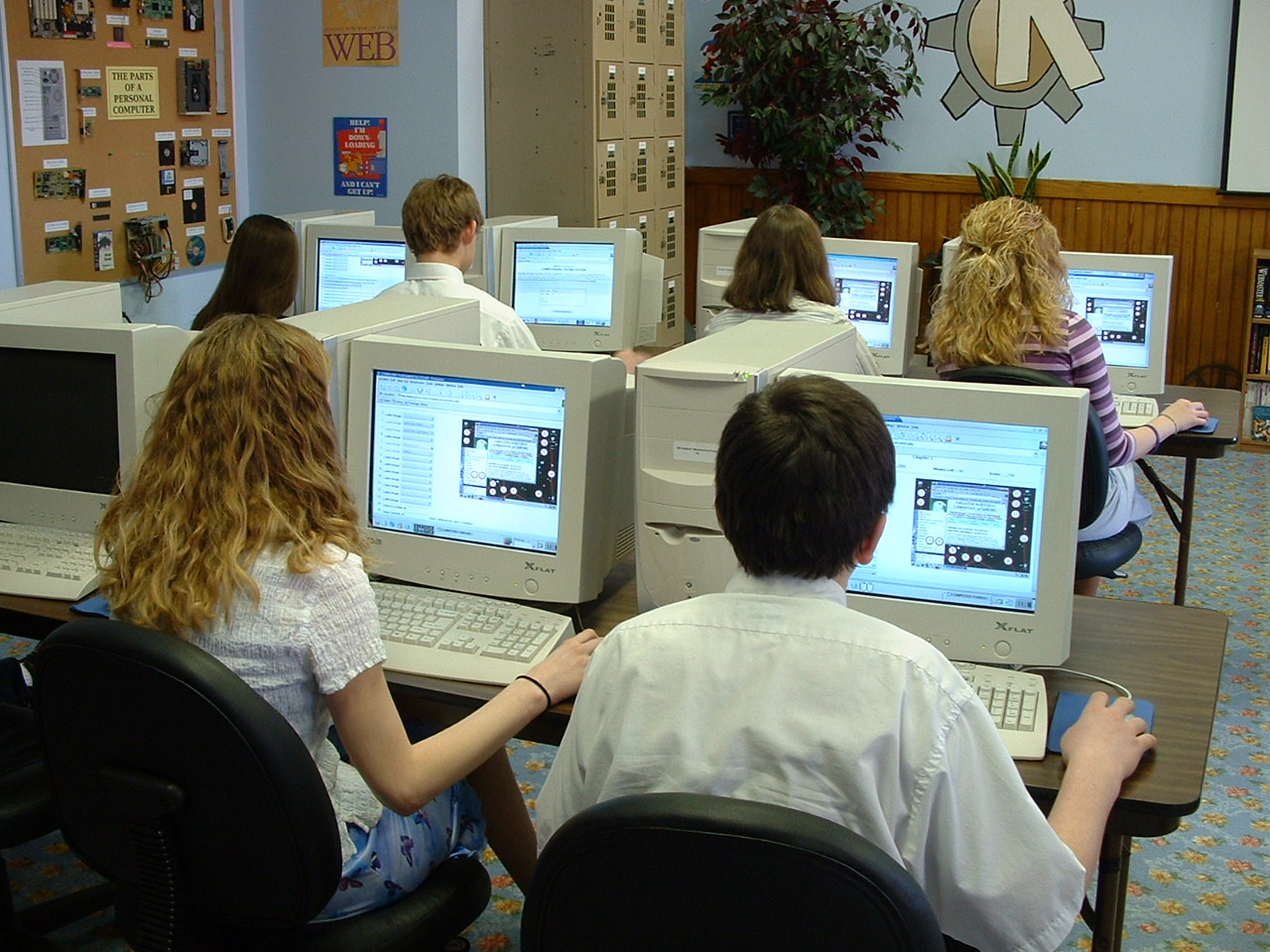
Cheaters never prosper, or so we were told by our parents. My husband and I were brought up to respect the law. Cheating in school was unthinkable. We avoided allowing others to copy our test answers and never let anyone copy our homework. Rules were followed in all games. Our parents never cheated to let us win, as we sometimes did with our own children when they were little. Our parents were honest in their business dealings. And yet, perhaps because of their Depression era childhoods, there were gray areas that permitted cheating. They were selective about the ways in which they cheated and never harmed other individuals by their actions, but cheat they did.
It’s hard to explain to my grandkids what honesty looks like. And I certainly can’t tell them that cheaters never prosper.
When I was young, the basement of our modest home often flooded. Once, I caught my parents tossing a set of luggage into the flood waters. My parents’ response to my shocked reaction was to explain that they needed new luggage and insurance would pay for it. After all, they had faithfully made their insurance payments to a company that was charging too much and thus were entitled to cheat a bit. My mother, who taught me always to leave a note if I damaged a car, was happy to con the insurance company out of money for new luggage. My father, who was scrupulously honest as a CPA, never worried about cheating the anonymous “big guys.” Who knows what else they tossed into those flood waters over the years?
My mother-in-law also had a bit of larceny in her when it came to things she felt should be less expensive, or even free. In her younger days, Nana, who was honest in her dealings with people, would switch price tags on clothing for her children so she could afford the items. She felt no guilt about cheating the department store that she felt was making enough of a profit overall. She wasn’t shoplifting, just paying what she could afford and what she thought the item was really worth. Like many members of the Greatest Generation, she believed items provided for the table in restaurants were fair game. I don’t think she ever bought packets of artificial sweetener. Rolls or bread were often wrapped in a napkin and slipped in her purse. She especially loved the porcelain soup spoons in Chinese restaurants, and occasionally one of those joined the rolls and sweetener in her stash. When my youngest daughter noticed this habit and asked Nana why she took the spoon, my MIL explained that the food was too expensive and we had paid good money for the dinner.
Coming from families that thought it was fine to cheat under certain circumstances made me even more obsessively honest as part of the overall generation gap over values. Having worked as a cashier in high school and college, I would never keep the money if someone made an error in my favor. I knew what it felt like to have my drawer come up short and have to pay the difference out of my meager wages. I never used Cliffs Notes and scrupulously did my own research as an English major in college. Plagiarism was cheating, and I always gave credit to my sources. I did give my notes from Sociology 101 to my husband, who was a friend back then, because he often missed this 8:00 am class. I suppose that was a form of cheating, but I did end up marrying the guy.
The Internet has changed everything, blurring the lines between research and cheating. I try to explain to my granddaughter, who is a freshman in high school struggling with Romeo and Juliet, that when I taught this play over 50 years ago, we studied the text in class and I based my writing assignments and exams on the material we covered together. Now, teachers obtain exams and assignments from the Internet and students spend more time trolling sites like Wikipedia, Spark Notes, Cliffs Notes, and No Sweat Shakespeare than studying the text. They can find many papers written on almost any topic related to the play. Conversely, teachers have programs that can easily spot a plagiarized paper.
When my granddaughter learned that I taught Romeo and Juliet to freshman honors English students in my first career, she reached out to me. I reread the play (50 years is a long time) and felt ready to help her. I was shocked by how different things were. The essay assignments and study guides were focused on small details rather than the overall meaning of the play. Her first drafts were full of ideas plagiarized from online research. A friend who took the exam first period sent a screen shot of the question to her and several others. I explained that this was cheating and she should delete it from her phone, but she explained that at least 25 other students received the same text, so why should she be the only one not to use the information?
I guess growing up in an era of fake news with a former president whose entire career was based on cheating and deception has taken its toll. It’s hard to explain to my grandkids what honesty looks like. And I certainly can’t tell them that cheaters never prosper.
Boomer. Educator. Advocate. Eclectic topics: grandkids, special needs, values, aging, loss, & whatever. Author: Terribly Strange and Wonderfully Real.





Yes Laurie, the Internet – altho a great boom – became a plagiarism nightmare for educators.
And the recent stories of celebrity parents cheating to get their kids higher SAT scores are awful.
And Trump was indeed a most despicable role model, a completely unethical leader, poor
Honest Abe must have been turning in his grave.
I wonder how fair all of the SAT and ACT courses are in terms of equity. I will be happy when colleges drop those test requirements.
You have pointed out a very painful dilemma, Laurie. If your granddaughter doesn’t cheat, she is at a disadvantage and doesn’t get credit for doing her work honestly. And the way you describe the questions about Romeo and Juliet, no wonder these kids lack critical thinking skills. I did have to smile, though, about the sweetener packets and rolls that ended up in your mother-in-law’s purse. I do remember that generation having a lot of larceny at restaurants!
I was only going to write about our parent’s little larcenies, but the way my granddaughter is “learning” Romeo and Juliet makes me want to cry.
I don’t have a problem with taking rolls or bread from a restaurant – they aren’t going to serve them to anyone else, and they will just get thrown away otherwise. The soup spoons are another story, but I can understand why she would want them. My mother used to take those little bottles of wine from the flight attendant’s cart on airplanes. She figured she was entitled to them since the plane tickets were so expensive.
I talk about the internet and online cheating in my story too. It’s definitely a different world from the one we grew up in. Copying and pasting a sentence here or there is pretty hard to resist, but of course one must resist. The screen shot that everyone else had? It’s hard to argue with the point that if everyone else in the class has that information, it would be unfair to prevent her from using it.
I think we both realized that online learning and all of the Internet’s resources have taken cheating to a new and confusing level. As to those bread baskets, you are right but she would then ask for a refill!
Funny and sad all at once.
I laughed so hard that I almost did myself an injury when, in the movie “Married To The Mob,” Michelle Pfeiffer’s character said “Everything we own fell off the back of a truck!” That was an apt description of my childhood home, my Dad being at times a trucker, at other times a dock worker.
I remember that line. I think our parents were struggling to get by and did what they had to do as long as they perceived no one was hurt by their actions.
Really interesting story, Laurie, about cheating through the ages and how it really seems much more prevalent these days. But, as you keenly note, there were all these “little things” that even honest folks did back then that, technically could be considered insurance fraud or shoplifting. So, even then, things were never entirely black and white.
And yeah, besides hating everything that Trump stands for, I also want him to — finally — suffer the consequences of all of his cheating and lying through life to serve as an object lesson to him and his sheeple. Because I know his guiding principle — followed by too many people is — “If I don’t get caught, it’s all good, right?”
It was especially disheartening when the NY case fell apart. I still don’t understand that one, but the man could truly shoot someone on Fifth Avenue and get away with it. Sad.
You raise good questions about how address cheating with kids. If only it were easier for people to love learning and thinking, instead of concentrating on getting the “right” answers on tests.
So true, Khati. So far, my two granddaughters who “read” Romeo and Juliet hated it. I know they never acted out scenes or saw one of the many movie versions of the play. Perhaps it doesn’t hold up for kids in 2022, but I’m sad that they did so little with the text itself.
Wonderful stories of early ethical behavior and its contradictions, Laurie. I loved the convenience of a flooded basement and your larcenous mother-in-law. Details of cyber chicanery and your perceptive connection to six formative years of Trump and his ilk was profoundly sobering. Ouch.
Even though my kids were not Trump supporters and all lean left, I fear his model of dishonesty, fake news, and crime actually paying has influenced the world in which my grandkids are growing up.
A well-founded fear Laurie. I see traces of his fetid footprints everywhere. I think here as well, the Ukrainian determination to preserve their democracy for their children and grandchildren carries a lesson.
I hope my grandkids are allowed to learn about this lesson in school.
Laurie, this story is very disheartening (the older generations petty larceny aside). As you must know, I ADORE Romeo and Juliet (having always wanted to play Juliet). Hearing how your granddaughters were taught the material, then didn’t like it…well, no wonder! How could they be expected to, if sections weren’t read aloud? And the ethos of cheating does sound rampant. Yes, we have the Internet to thank for that, but I do think Trump has not been held accountable so the bad behavior has been normalized. Horrid!
Yes, Betsy, it was sad for this old English teacher to see how poorly Shakespeare was taught for my granddaughters. They are both good students and they both hated it.